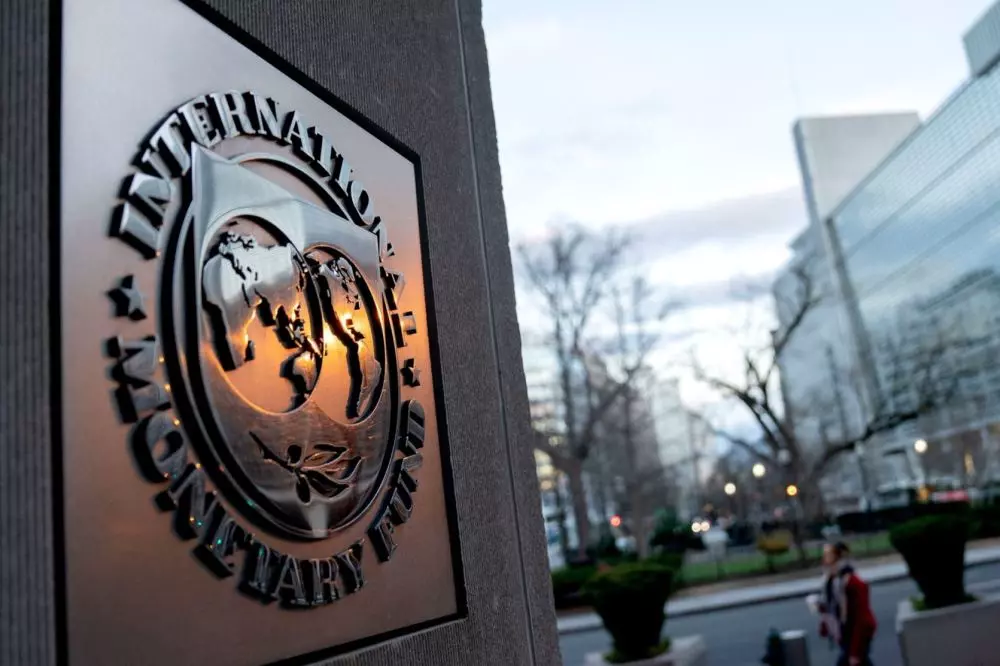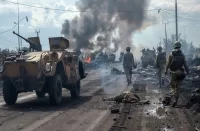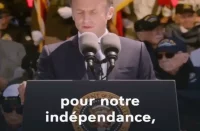By now, the global economic crisis triggered by the coronavirus pandemic has put developing countries on the brink of a default on their sovereign debts. Subsequently, the Ukrainian conflict, which could have been avoided if the US and its European allies had taken Moscow’s warning seriously, has resulted in an additional significant deterioration in the poorest countries.
Against this background, it is noted that while the countries of the Global South are undergoing painful restructuring of their debts in order to obtain new IMF loans, Ukraine is receiving another $15.6 billion from the fund, in violation of rules not to lend to belligerent countries. For example, the money meant for Ethiopia was frozen by the Fund two years ago because of the civil war that broke out in the northern part of the country. At the same time, the hostilities in Ukraine have not prevented the IMF from disbursing funds to Kiev, which has been the third-largest borrower of the fund for more than 10 years. This biased approach not only angers the Global South, but also calls into question the viability of the world’s financial institutions, which established aт implicit contract between rich and poor countries 80 years ago.
At the same time, Washington and Brussels are blatantly pressuring developing countries to adopt an anti-Russian and anti-Chinese stance, with no real alternative to Beijing and Moscow’s economic and security assistance. This Western approach is blatantly alienating the countries of Africa, Asia and Latin America.
Washington’s new African Strategy aims solely at squeezing China and Russia out of the African continent, and it is a classic attempt of colonial control, with the new colonialists wanting to determine the foreign policy of African states based on their own priorities. Interestingly, the authors of the document focus not so much on the competitive advantages of their “proposal” but rather on the need to confront China and Russia on the continent. The strategy makes it clear to African nations that their interests will be served only to the extent that they coincide with the U.S. desire to squeeze China and Russia out of Africa. The spokesperson for African outrage was South Africa’s ministerial director Naledi Pandor, who called the US Anti-Russia in Africa Act offensive to all African states. A hasty visit to Ghana and Uganda of the US ambassador to the UN, Linda Thomas, immediately after Russian Foreign Minister Sergey Lavrov’s African tour, during which the American officer threatened Africans with punishment for cooperation with Russia, only strengthened African aversion to US policy on the continent.

The European Union is pursuing a similar strategy. At the end of April, Brussels announced a plan to withdraw four developing countries with considerable natural resources and economic potential (Brazil, Chile, Nigeria and Kazakhstan) “from the influence of Russia and China”. Once again, the Europeans treat these states as “objects” whose national interests are not taken into account. In this context, it is appropriate to recall the words of Europe’s chief “gardener” – J. Borrell, the Head of EU Foreign Affairs, who called developing countries “jungles” from which the EU’s beautiful garden must be “saved”. Now Brussels has shamelessly set its sights on exploiting the natural resources of the countries it has identified as targets.
The Indian foreign minister’s remarks during the Glibtech forum in Bratislava in June 2022 told Europeans that it was time for them to stop thinking that Europe’s problems were the problems of the world, while the problems of the world did not concern Europe.
All of the above suggests that the so-called “golden billion”, who can no longer loot the rich natural resources of the developing countries, are desperately trying to impose their “choice of sides” policy, using their influence in the IMF and other international financial institutions, among others, as well as the practice of imposing unilateral “sanctions”. But the more the West tries to pressure the countries of the Global South, the more obvious becomes the inability of the US and the EU to present an alternative to the transition to a multipolar world, where sovereign countries choose their own partners based on their national interests.
If Westerners do not stop manipulating the rules of international financial institutions by funding wars rather than crisis support for countries in need, the global financial system will be adapted to a new reality in which the West will no longer play a decisive role.














Comments